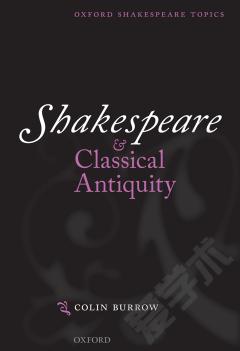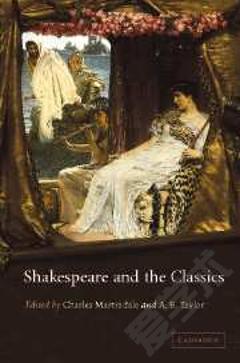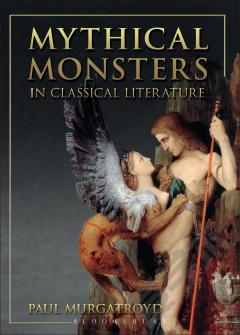Classical Mythology in Shakespeare
The term classical mythology has been taken to include not only the divinities of the ancient religion and such tales as those of Ovid's Metamorphoses, but also the heroes of the Trojan war and the personages of the Æneid. In a number of cases, such, for example, as Fortune, Nature, and Fame, it has not been easy to draw a hard and fast line between mythology and mere philosophical personification. In Part First, where the myths are discussed severally, I have been inclined to include such subjects, while excluding them as doubtful from the generalizations of Part Second and the Introduction.Any work in the field of Shakespearian commentary must, of course, be a gleaning of the ears left unnoticed by earlier commentators; but in my corner of the field I have found the gleaning richer than I expected. Though the great mass of Shakespearian scholarship makes it impossible to say with certainty that any given point has not been noticed, I have found that after free use of the Variorum edition of 1821 and, as far as it has been completed, of the Variorum edition of Dr. Furness, there was still plenty of room for original investigation. In this investigation the mythological dictionaries of Roscher, Pauly-Wissowa, and Smith have been of constant assistance. The Globe edition of Shakespeare has been used for quotation and reference; but in giving a list of citations I have followed the approximately chronological order of the plays in the Leopold edition, though always putting the doubtful plays at the end of the list. In citing Shakespearian plays, I have adopted the abbreviations of Schmidt's Shakespeare Lexicon. The citations from Golding's Ovid are from the edition of 1575. The editions of Ovid and Vergil by Merkel and Ribbeck respectively have been used in citations from those authors.
{{comment.content}}








 京公网安备 11010802027623号
京公网安备 11010802027623号